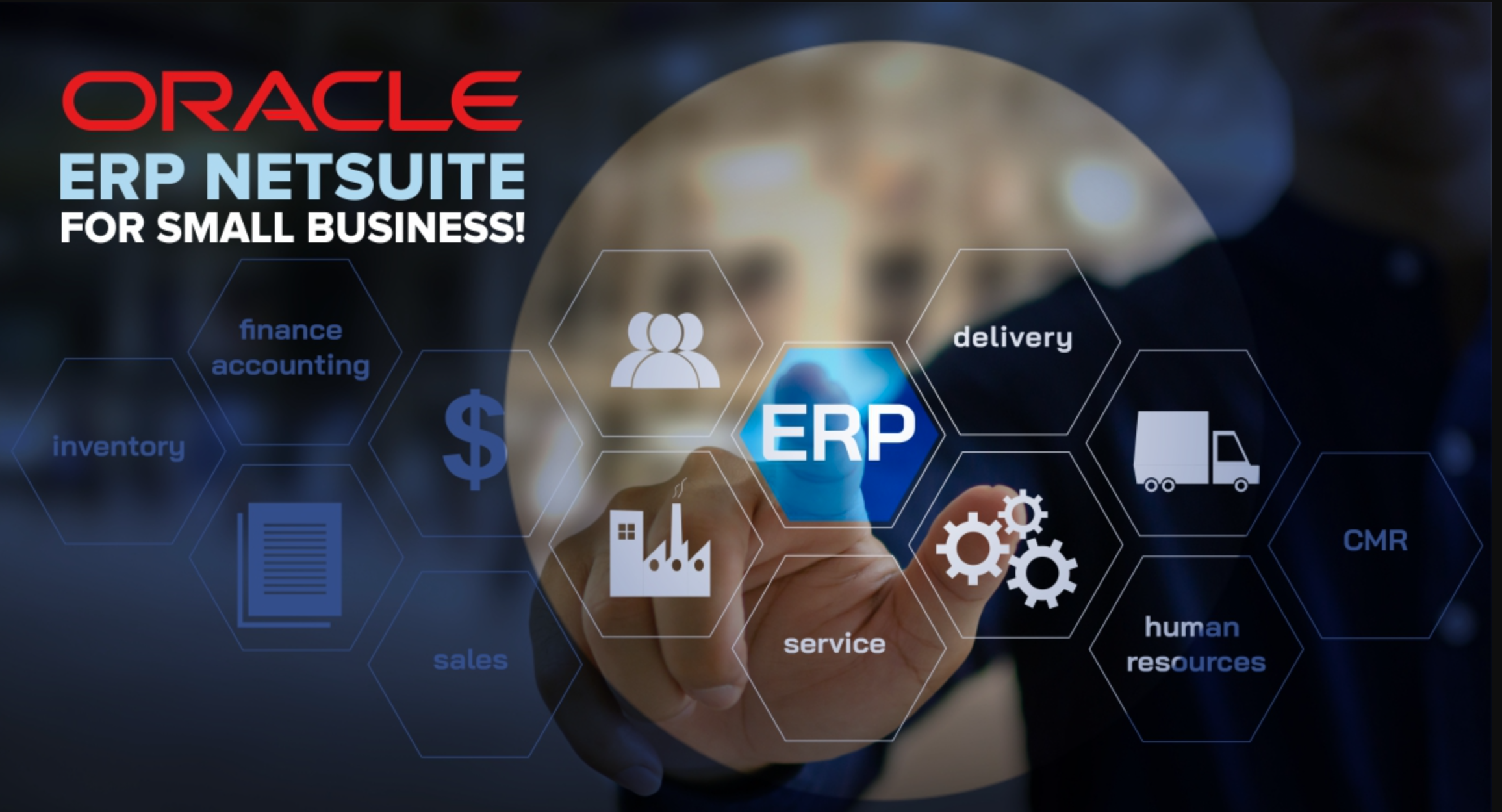Understanding ERP Systems
What is an ERP System?
An ERP system integrates core business processes into a unified platform, allowing for real-time visibility and data-driven decision-making. It covers areas such as financial management, supply chain, human resources, and customer relationship management.
Importance of ERP Systems in Modern Business
In today’s competitive landscape, ERP systems are crucial for enhancing operational efficiency, reducing costs, and improving overall business performance.
Evolution of Oracle NetSuite
Origins and Development
NetSuite was founded in 1998 as a cloud-based accounting software. It later expanded to include ERP functionality and was acquired by Oracle in 2016, becoming part of its extensive enterprise software portfolio.
Integration into Oracle Corporation
The acquisition by Oracle strengthened NetSuite’s capabilities, leveraging Oracle’s global infrastructure and resources to enhance its scalability and functionality.
Key Features of Oracle NetSuite ERP
Financial Management
NetSuite provides comprehensive financial management capabilities, including general ledger, accounts payable/receivable, and financial reporting.
Inventory and Order Management
Efficiently manage inventory levels, streamline order processing, and optimize supply chain operations with NetSuite’s inventory and order management features.
CRM (Customer Relationship Management)
Improve customer relationships and sales effectiveness with NetSuite’s CRM module, which enables better customer data management and personalized marketing campaigns.
E-commerce Capabilities
NetSuite offers integrated e-commerce solutions, allowing businesses to manage online stores, automate sales orders, and provide a seamless customer experience.
Benefits of Using Oracle NetSuite
Scalability and Flexibility
NetSuite is highly scalable, making it suitable for both small businesses and large enterprises. Its cloud-based architecture ensures flexibility and accessibility from anywhere.
Cloud-Based Advantage
As a cloud-based ERP solution, NetSuite eliminates the need for on-premises infrastructure, reducing IT costs and providing automatic updates and upgrades.
Real-Time Analytics and Reporting
Gain actionable insights with NetSuite’s real-time analytics and reporting tools, enabling data-driven decision-making and business forecasting.
Industries Served by Oracle NetSuite
Retail
Retailers benefit from NetSuite’s unified commerce platform, managing both online and brick-and-mortar operations seamlessly.
Manufacturing
NetSuite helps manufacturers streamline production processes, manage supply chains, and improve inventory control.
Professional Services
Professional service firms utilize NetSuite for project management, resource allocation, and client billing, enhancing operational efficiency and project profitability.
Implementation Process
Planning Stage
Successful implementation begins with thorough planning, including assessing business needs, setting goals, and creating a project timeline.
Customization and Configuration
Tailor NetSuite to specific business requirements through customization and configuration of workflows, reports, and user interfaces.
Training and Support
Comprehensive training programs and ongoing support ensure smooth adoption and user proficiency across all organizational levels.
Challenges of Implementing Oracle NetSuite
Cost Considerations
Initial costs, including licensing fees, implementation services, and customization, can be substantial, requiring careful budgeting and financial planning.
Integration Complexities
Integrating NetSuite with existing IT infrastructure and third-party applications may pose challenges, requiring expertise in data migration and system integration.
Change Management
Managing organizational change and overcoming resistance to new processes and technologies are critical for successful NetSuite adoption.
Comparison with Other ERP Systems
SAP ERP
NetSuite offers a cloud-based alternative to SAP ERP, with a focus on flexibility and ease of use, particularly advantageous for growing businesses.
Microsoft Dynamics 365
Compared to Microsoft Dynamics 365, NetSuite emphasizes comprehensive ERP functionality integrated with CRM, suitable for diverse industries.
Future Trends and Innovations
AI and Machine Learning Integration
NetSuite continues to innovate with AI and machine learning capabilities, enhancing predictive analytics, automation, and decision support.
Blockchain and ERP Systems
Exploring blockchain technology for enhancing security, transparency, and supply chain traceability within ERP systems is a growing area of interest.
Case Studies and Success Stories
Small Business Implementation
Case studies highlight how small businesses have leveraged NetSuite to streamline operations, scale efficiently, and drive growth.
Enterprise-Level Adoption
Large enterprises benefit from NetSuite’s scalability and global capabilities, improving operational visibility and strategic decision-making.
Security and Data Privacy
Compliance Standards
NetSuite adheres to stringent data privacy regulations and industry compliance standards, ensuring data security and confidentiality.
Data Security Measures
Robust security measures, including data encryption, access controls, and regular audits, safeguard sensitive information stored in NetSuite.
Cost of Ownership
Licensing Fees
NetSuite’s pricing structure includes licensing fees based on user count and module selection, with additional costs for implementation and support services.
Maintenance Costs
Ongoing maintenance fees cover updates, patches, and technical support, ensuring system reliability and performance optimization.
User Reviews and Feedback
User Satisfaction
Customer feedback emphasizes NetSuite’s user-friendly interface, comprehensive functionality, and reliable customer support as key strengths.
Common Issues and Complaints
Issues such as complexity in customization, occasional system downtime, and the learning curve for new users are highlighted in user reviews.
Oracle NetSuite Community
Support Forums
Engage with a vibrant community of NetSuite users and experts through online forums, user groups, and knowledge-sharing platforms.
Networking and Collaboration
Opportunities for networking, sharing best practices, and collaborating on industry-specific challenges contribute to the strength of the NetSuite community.
Conclusion
Summary of Oracle NetSuite ERP
Oracle NetSuite ERP stands out as a powerful solution for businesses seeking to integrate and streamline their operations with a scalable, cloud-based platform. From financial management to CRM and e-commerce capabilities, NetSuite offers extensive features designed to enhance efficiency and drive growth across various industries.
Final Thoughts
Whether you’re a small startup or a global enterprise, Oracle NetSuite ERP provides the tools and flexibility needed to navigate today’s dynamic business environment effectively. Its continuous innovation and commitment to customer success make it a leading choice in the ERP market.
